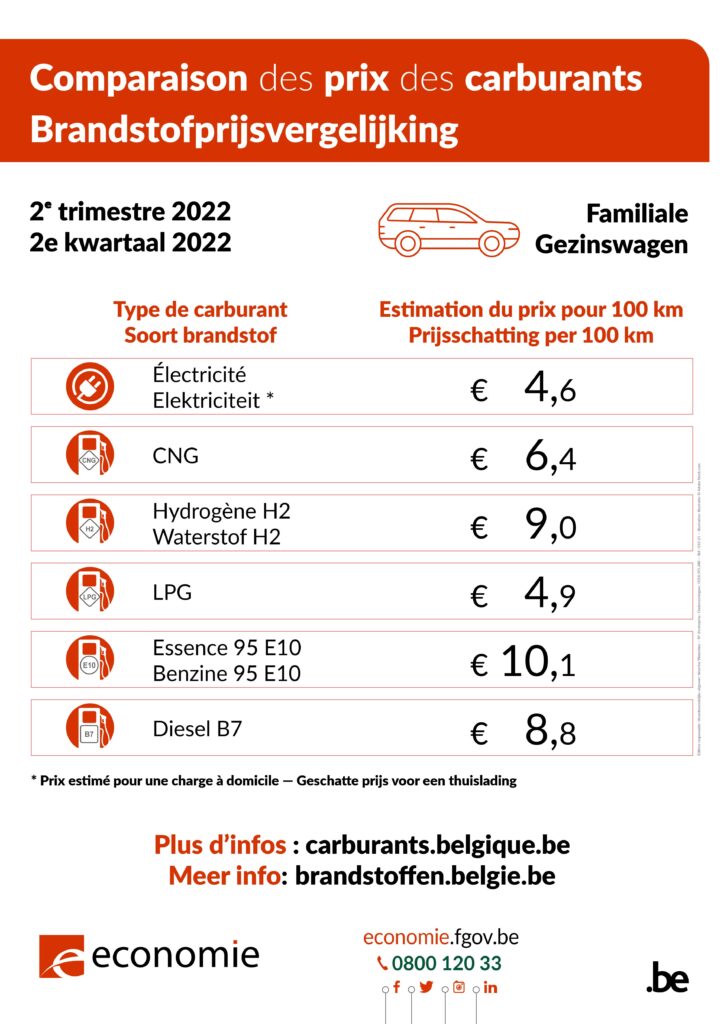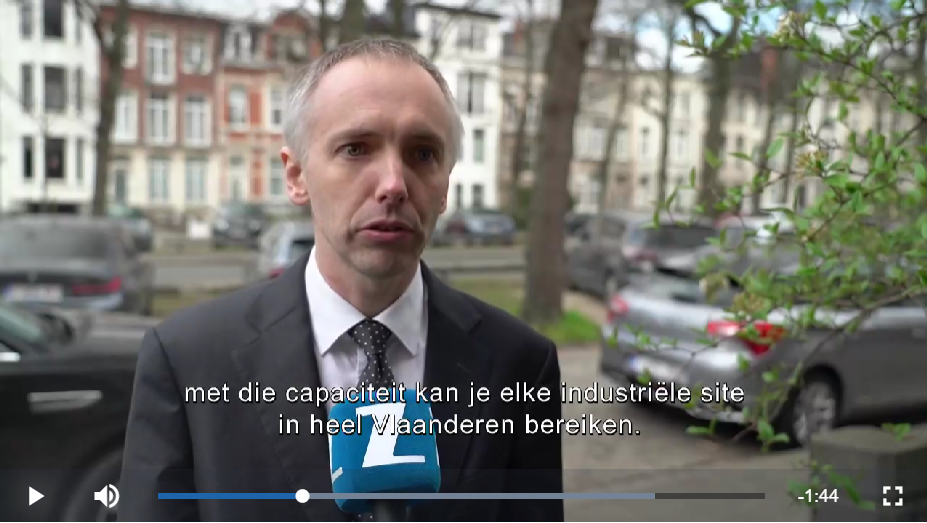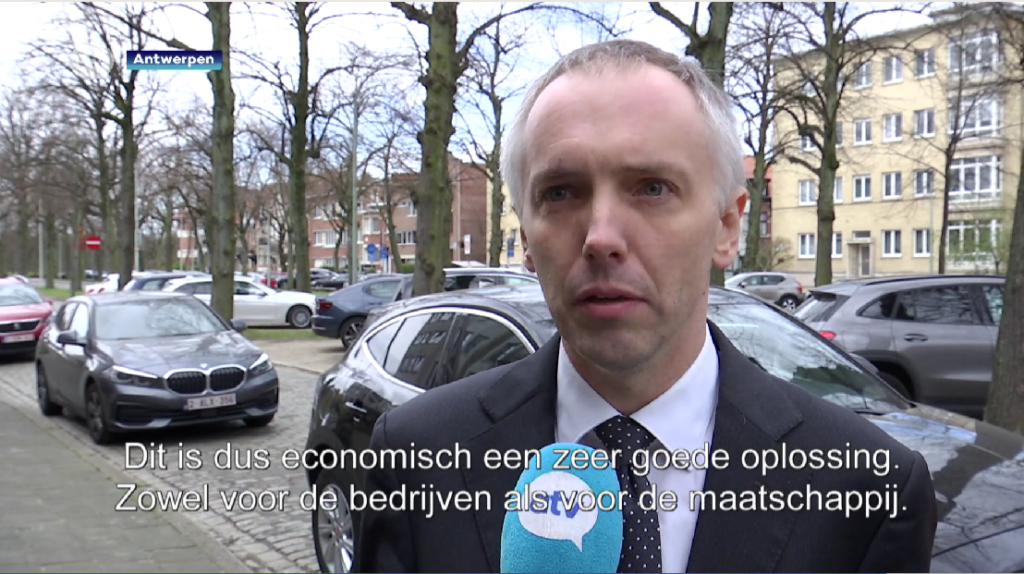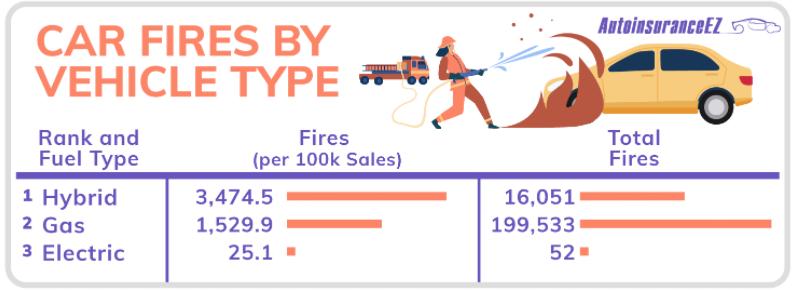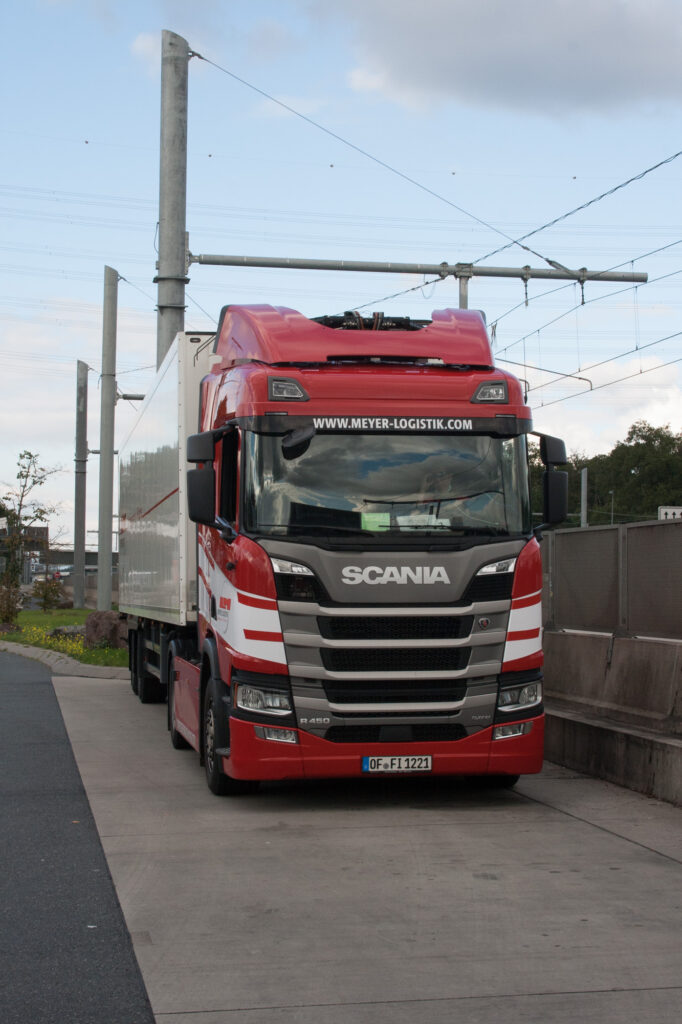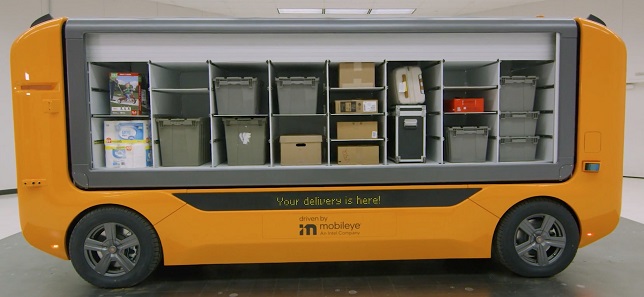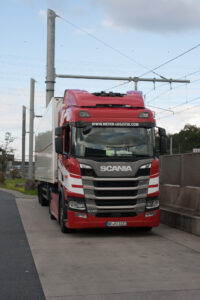In 2018 CharIN started work on the new megawatt charging system and recently come out with a new standard that is capable to deliver over 1MW of power to heavy duty electric vehicles like trucks, buses, ships, agricultural and industrial machines. The standard uses a new connector that is capable of handling the high current, but the same ISO 15118 communications protocol that the currently popular CCS protocol uses. This video gives an insight:
More information can be found here: https://www.charin.global/technology/mcs/

